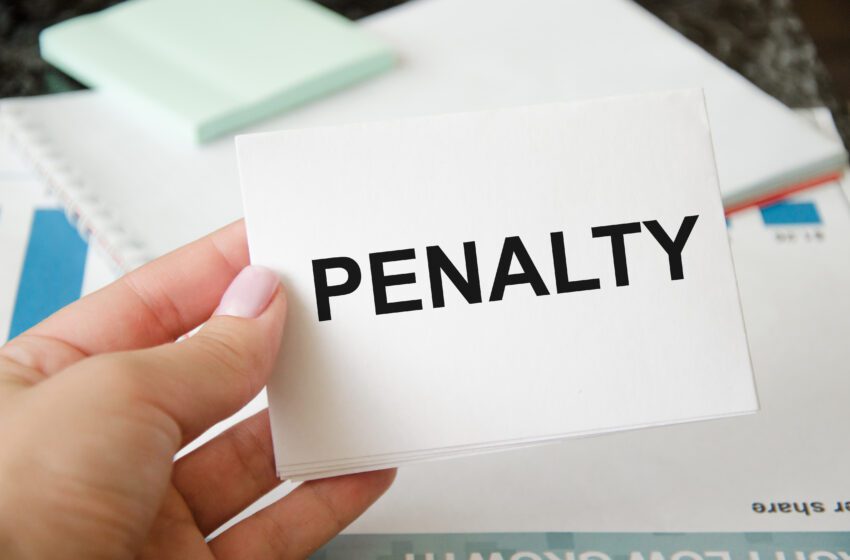
Vape and modern oral sales are rising, but combustibles remain king of the North American market.
By Timothy S. Donahue
It’s constant but unknown. While the nicotine market remains profitable, it is changing. As more major tobacco companies embrace next-generation products, combustible sales will suffer. The evolving regulatory environment will also continue to play a major factor in the North American nicotine market.
According to Statista, in 2024, revenue in the U.S. nicotine market will reach $107.5 billion. It is projected to experience a compound annual growth rate of 0.62 percent between 2024 and 2028. The largest segment in the market remains combustible cigarettes, with an expected value of $82.7 billion in 2024. The Marlboro brand continues to dominate U.S. cigarette sales with a 50 percent market share.
E-cigarette revenues are projected to reach $8.8 billion. Statista expects the vape market to experience an annual growth rate of 3.24 percent from 2024 to 2028. Retail sales of nicotine pouches are also seeing unprecedented growth. According to Euromonitor, the U.S. pouch market generated $8.58 billion in 2023 compared to $7.23 billion in the previous year. The U.S. modern oral nicotine market is expected to reach $11.03 billion by 2027.
The Canadian tobacco market is much smaller than the U.S., reflecting that country’s lower population. Nicotine sales in Canada are projected to generate a revenue of $12.3 billion in 2024. The market is anticipated to experience a compound annual growth rate of 1.10 percent between 2024 and 2028. In Canada, too, combustible cigarettes continue to account for the majority of tobacco sales. The traditional cigarette market is expected to reach a volume of $10.6 billion this year. In 2024, the revenue in the e-cigarette market in Canada is estimated to reach $1.4 billion.
Nicotine pouches were approved for sale in Canada on July 18, 2023, as a natural health product. Modern oral nicotine pouches are currently outside the scope of the federal Tobacco and Vaping Products Act and the provincial Smoke-Free Ontario Act 2017, which regulate tobacco and vaping products by restricting their advertisement, display and public use. However, that is expected to change soon.
During an education seminar at the Total Products Expo (TPE) that took place in Las Vegas Jan. 30 to Feb. 2, 2024, Brad Seipel, executive vice president at MARC Research, noted that many of the next-generation tobacco products disrupting the market today have been on the market for over a decade. Innovation in the industry, he said, is being driven with a focus on tobacco harm reduction and a move away from traditional tobacco. “We are now living in a post-tobacco market. It is a nicotine market,” Seipel said.

Bonnie Herzog, an analyst with Goldman Sachs, observed in an industry report that retailers are seeing customers making fewer trips to the store, which is being driven by consumers switching to alternative nicotine products like modern oral. These products often last longer than a typical pack of combustibles. She also explained that the illicit market for disposable vape products continues to be a growing concern for the nicotine industry and retailers alike as the U.S. Food and Drug Administration’s crackdown on flavors and noncompliant products has driven traffic to the gray/black market or retailers willing to sell unauthorized vaping products.
She said a broad majority of retailers believe the situation is worsening with the impact felt strongest in urban areas and states with the strictest flavor bans. “Many retailers highlighted that the illicit disposable [e-cigarette] market is impacting cigarette volume, and [Altria] estimates the growth of these illegal products contributed to cigarette industry declines in the range of 1.5 percent to 2.5 percent over the last 12 months,” she said. “Retailers don’t believe the situation will change without more enforcement and are broadly pessimistic given the ubiquity of the offering, tracking/enforcement difficulty and relatively light penalties reducing deterrence.”
One respondent to the survey pointed out that enforcement fines issued by the FDA are manageable ($19,192 per violation), and the extent of policing hasn’t resolved the issue. Others noted that retailers selling these products (i.e., on the gray market) are making hefty margins on those sales, which are helping them offset losses on (cigarette) sales.

During Keller and Heckman’s E-Vapor and Tobacco Law Symposium, held Jan. 29–30 in Las Vegas, Brian King, head of the FDA’s Center for Tobacco Products, said his agency carried out a series of coordinated blitzes against Elf Bar and other “illicit” brands at several retailers that resulted in warning letters. The agency then issued civil money penalties following subsequent reinvestigations against retailers found to still be selling illegal products. Many of the recipients of these penalties were small businesses.
“We do know that we need that comprehensive approach,” said King. “And so, we’ve also taken action on the borders, particularly for products that are coming in internationally. We do have import alerts in place. Those do address products that have been accurately declared. Of course, we know that there are entities that are misdeclaring products as well. Towards that end, we work very closely with colleagues at Customs and Border Protection. We did have an operation that was conducted earlier this year where we seized over $18 million worth of products, including Elf Bar, Funky Republic and several others. It was about 1.4 million units of illegal e-cigarettes. Ultimately, this is one example of ongoing activities. There will be more.”

Also speaking at TPE, Tim Philipps, with Tamarind Intelligence, said that a major issue is enforcement. While the FDA’s premarket tobacco product application (PMTA) process is expensive and onerous, it also seems pointless because there is little effort to stop products that skip the regulatory process from being marketed. According to Phillips, even the FDA’s current blitz barely skims the surface of the deepening gray/black markets.
“The products that you’re getting offered in retail environments, they haven’t gone through a regulatory process, and there’s no signs of that happening, frankly,” he said. “The FDA is stepping up some of its enforcement activity. We’ve seen more and more of this happening, and I think it will keep increasing. But the reality is the market’s not being regulated at all. The same is happening, by the way, in the U.K. and all across Europe. We’re seeing a lot of products come in. The reason is that a lot of these products are being distributed directly to retailers or directly to consumers (from the manufacturer). And that’s been a great success.”
A looming federal menthol ban could also boost the gray/black markets for nicotine products. The FDA has submitted proposals to the White House Office of Management and Budget (OMB) to ban the use of menthol in cigarettes and other tobacco products and prohibit all nontobacco flavors in cigars. The FDA is also expected to definitively define a “characterizing flavor.” The OMB is currently reviewing these proposals. Before the product standards can be implemented, the OMB must review their potential economic impact.
The FDA has stated that it expects to announce the final ruling on the menthol ban in March. However, with the U.S. presidential election approaching this November, many industry experts are uncertain if any action will be taken at all. Unsurprisingly, several respondents to Herzog’s retailer survey expressed fatigue with ongoing uncertainties related to the potential federal menthol ban, the FDA’s efforts to enforce bans on illegal disposable vape products and flavors and the agency’s slow progress in completing PMTA reviews. The rapid growth of local flavor bans is also an expanding concern.
“A number of retailers who are currently not subject to [local] flavor bans anticipate the potential in the near future given rapidly evolving legislative agendas,” Herzog stated. “The looming decision by the FDA on a federal menthol ban on (cigarettes) has also led many retailers to take a wait-and-see approach on carrying gray market vapor products, which are higher margin and more affordable for consumers.”
The future of nicotine products still holds promise. Seipel said that the dissolvable and heat-not-burn segments have plenty of room for growth as the awareness and usage of those products haven’t yet gotten traction in the North American market. Seipel said as long as there are combustible smokers, there is going to be room for innovative products that help them switch to less harmful alternatives.
“There’s also [an] opportunity in innovation for helping female smokers …. We have to remember that there are way more people out there that need help [quitting smoking],” he said.



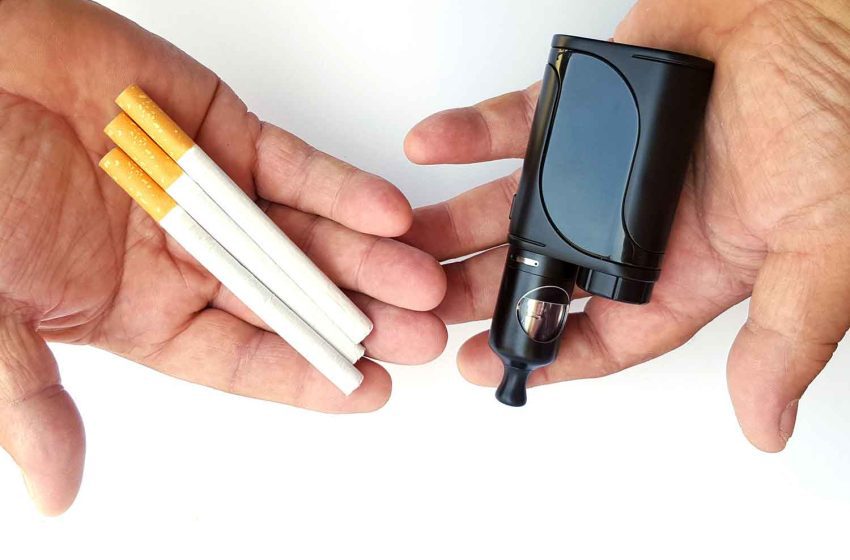
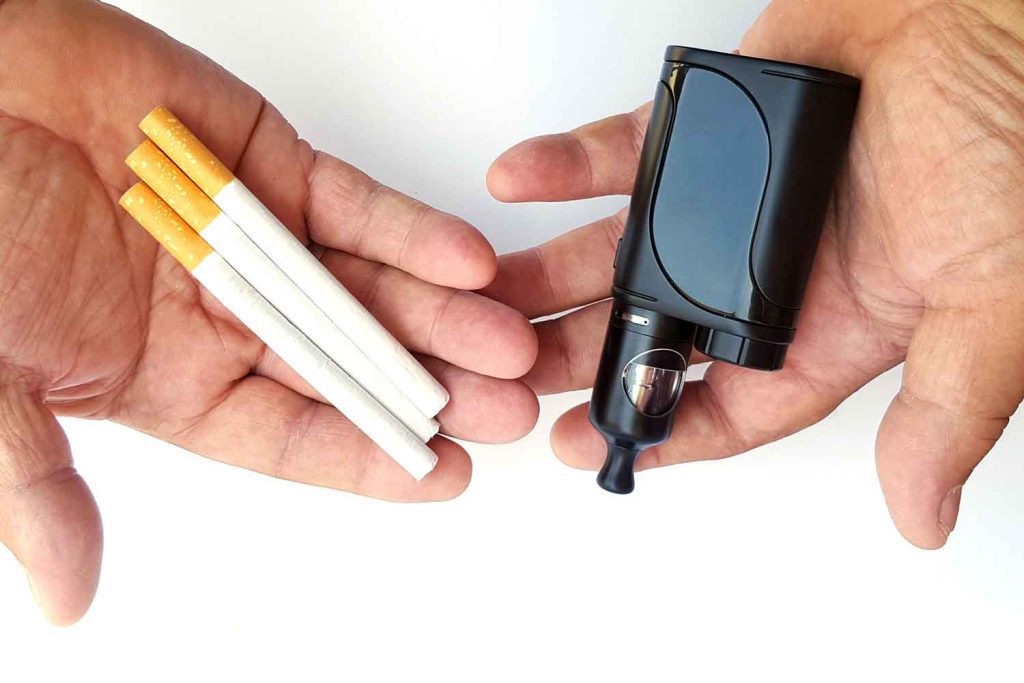
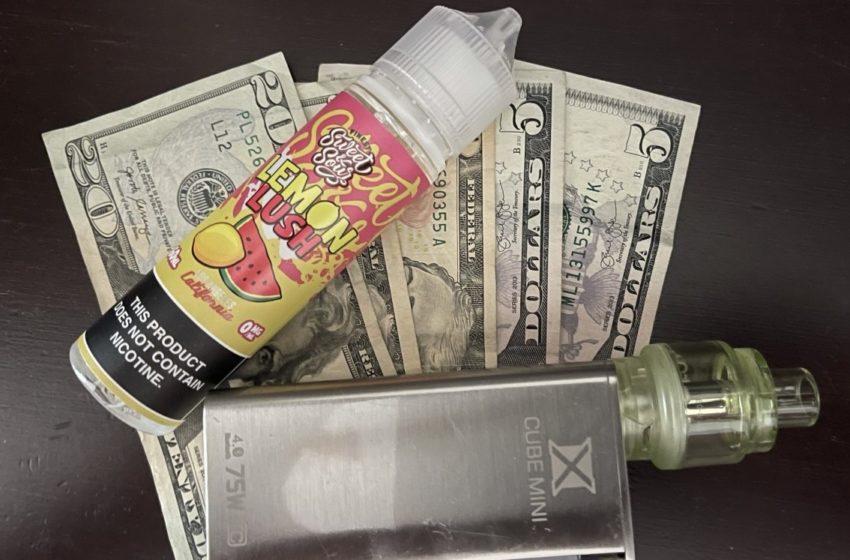
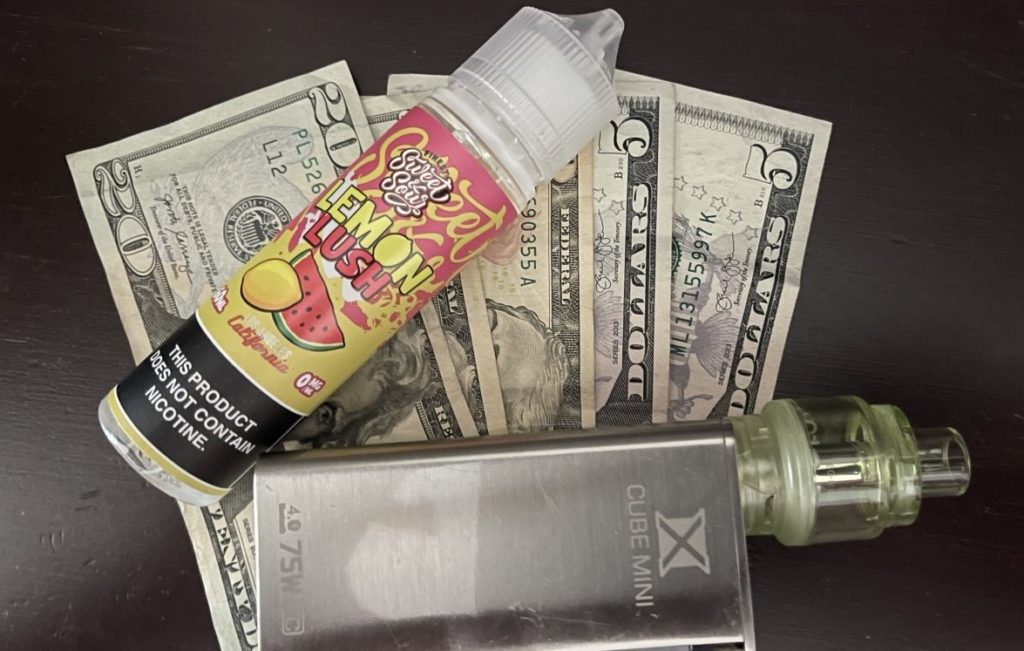




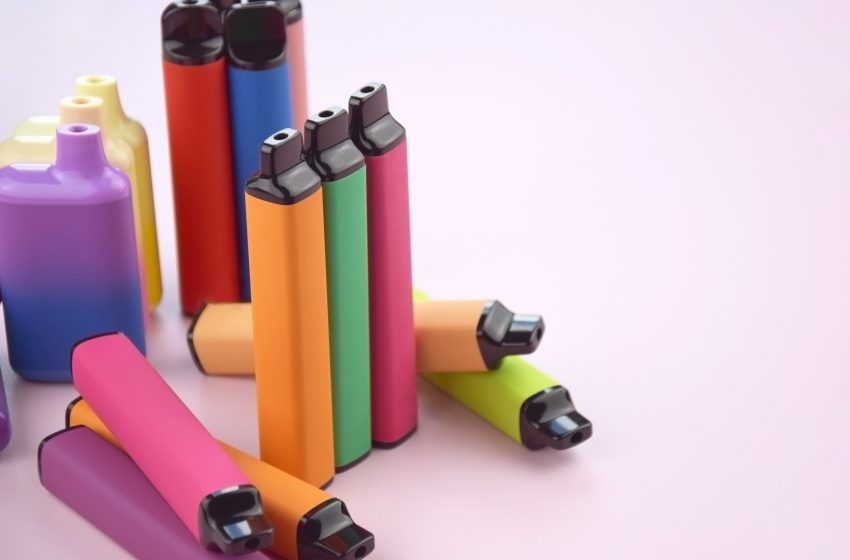
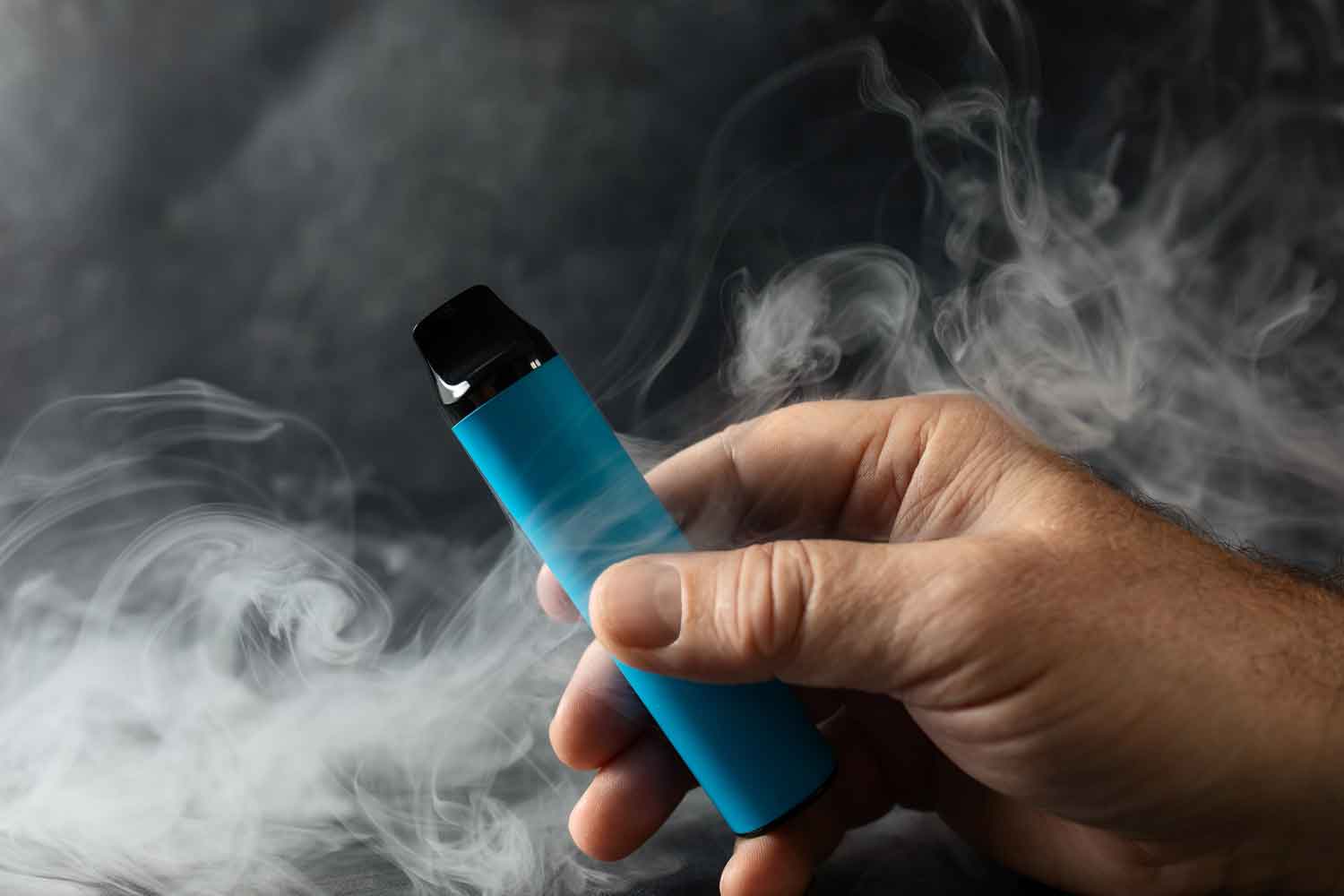

 The U.S. Food and Drug Administration has warned five more online retailers for selling flavored disposable vaping products.
The U.S. Food and Drug Administration has warned five more online retailers for selling flavored disposable vaping products.